The Intoxicating Hemp Market: A High-Growth Sector Navigating a Regulatory Maze
By Tiby Erdely, Founding Partner – KEY Investment Partners
Since the 2018 Farm Bill legalized hemp and its derivatives, including intoxicating cannabinoids like Delta-8 THC, the American hemp market has undergone explosive growth – in both promising and problematic ways. While the new legal framework has made cannabis-adjacent products more accessible, especially in prohibitionist states, it has also opened the door to an unregulated gray market, with little oversight and growing concern from public health officials and lawmakers alike.
Smart investors have watched this market evolve with curiosity, caution and increasing excitement – particularly around the hemp beverage category. Here’s why the category deserves a closer look.
A Brief History: The 2018 Farm Bill and the Rise of Intoxicating Hemp
The Agricultural Improvement Act of 2018 (or the 2018 Farm Bill) legalized hemp – defined as cannabis containing less than 0.3% Delta-9 THC by dry weight – and its derivatives. This move decriminalized not just CBD but also unintentionally opened the door for intoxicating cannabinoids like Delta-8, Delta-10, HHC and THC-P, which are synthesized from hemp-derived CBD.
Since then, a surge of products with psychoactive effects have flooded the market. These include edibles, vapes, tinctures and increasingly beverages. Many of these products are sold outside of the traditional cannabis dispensary channel, with no age verification, no potency testing and no consistency in labeling or quality assurance.
A Patchwork of State Laws
Due to federal inaction, states have been left to regulate intoxicating hemp products on their own. As of early 2025, more than 20 states have restricted or banned Delta-8 and similar cannabinoids, while others have welcomed the industry with limited oversight. Most recently, the Texas legislature banned all products containing THC. However, there are many states that have chosen to regulate, rather than ban, these products.
The Baker Institute at Rice University has developed a useful interactive map outlining the legal status of intoxicating hemp products across the country. This patchwork has created regulatory uncertainty but also opportunistic footholds in states where hemp products remain legal and retail channels are open.
Most likely this will remain a state-by-state issue for the foreseeable future, which shapes how investment opportunities in the space should be accessed. Ideally, investors would be smart to focus on companies operating in hemp-friendly states with a high degree of regulatory awareness, compliance rigor and long-term defensibility.
Bullish on Hemp Beverages
Of all the form factors in the market, hemp beverages are perhaps the most compelling (even Total Wine agrees). Here’s why:
- Dispensaries are not built for beverages. Traditional cannabis retailers are not equipped to support beverage distribution – they lack refrigeration, shelf space and the foot traffic patterns necessary for repeat purchase. The unit economics simply don’t work in most dispensaries.
- Hemp opens the door to mainstream distribution. Because hemp-derived THC is (in some states) treated like a consumer product, it can be sold in liquor stores, bars, convenience stores and restaurants – often using the same distribution networks as alcohol. This is an enormous opportunity for market penetration and normalization.
- The alcohol market is ripe for disruption. According to Gallup, only 62% of U.S. adults report drinking alcohol — down from 70% two decades ago. Among 18- to 34-year-olds just 52% now say they drink — a 20-year low (Gallup, 2023).
- Consumers want healthier alternatives. Hemp-derived beverages offer a low-calorie, non-alcoholic, euphoric experience that resonates with health-conscious consumers, especially millennials and Gen Z.
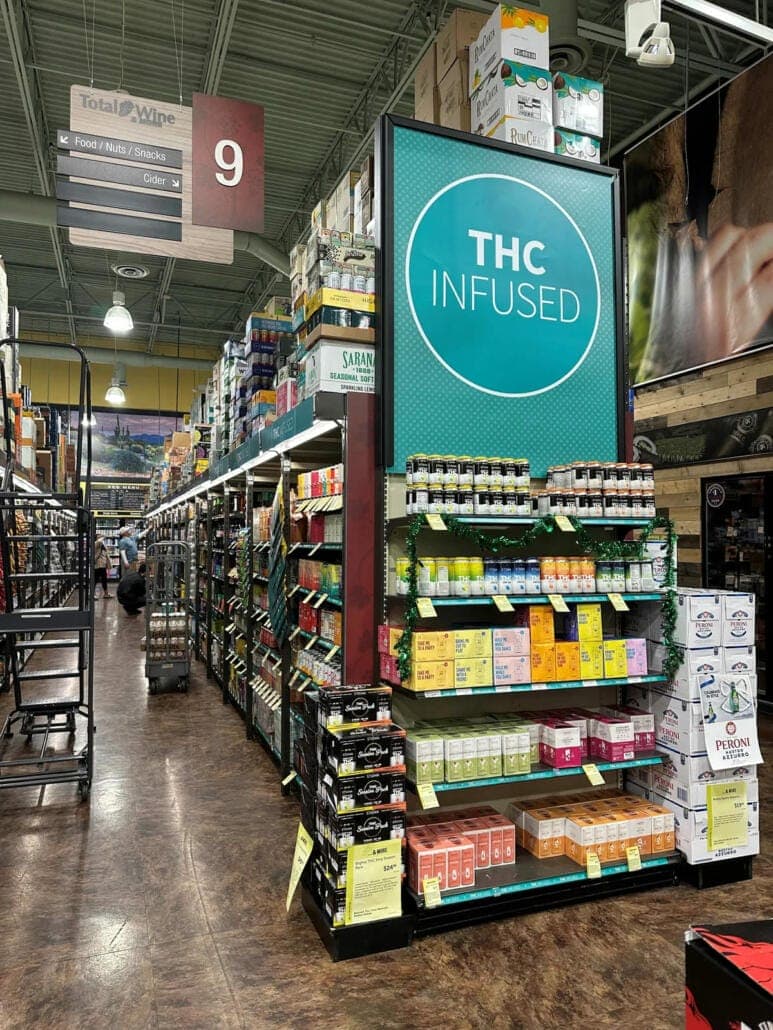
Regulatory Reckoning on the Horizon
Despite the innovation, there’s no denying that the hemp market is messy. Many products on shelves today are poorly labeled, untested and accessible to minors. This has already prompted a backlash in some states, with bans and crackdowns increasing.
At some point, we believe federal, or coordinated state regulation is inevitable. When that happens many of the current form factors, particularly vapes and high-potency gummies, may be restricted or eliminated. However, we believe beverages have a strong chance of surviving and even thriving under a future regulatory framework. In fact, several draft bills at the state level have proposed carve-outs or separate treatment for beverages, acknowledging their different risk profile and use case.
Conclusion: An Intoxicating Opportunity… with Caveats
It’s well worth investor’s time to explore the intoxicating hemp space – with a particular focus on beverage companies operating in compliant, strategic states. Despite its lack of regulation and potential legal overhang, this emerging category commands significant consumer demand and distribution advantages that cannot be denied.
In a country where cannabis remains federally illegal, but hemp is thriving in select corners, intoxicating hemp beverages may be one of the most promising wedges into the mainstream cannabis economy.
DISCLAIMERS: This site is not intended to provide any investment, financial, legal, regulatory, accounting, tax or similar advice, and nothing on this site should be construed as a recommendation by Key Investment Partners LLC, its affiliates, or any third party, to acquire or dispose of any investment or security, or to engage in any investment strategy or transaction. An investment in any strategy involves a high degree of risk and there is always the possibility of loss, including the loss of principal. Nothing in this site may be considered as an offer or solicitation to purchase or sell securities or other services.


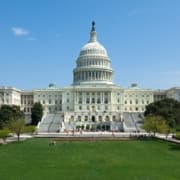
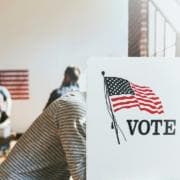

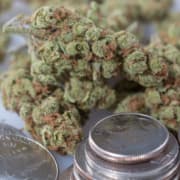
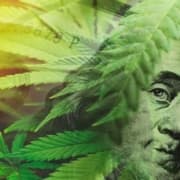
 Photo by Aliaksandr Marko/stock.adobe.com
Photo by Aliaksandr Marko/stock.adobe.com